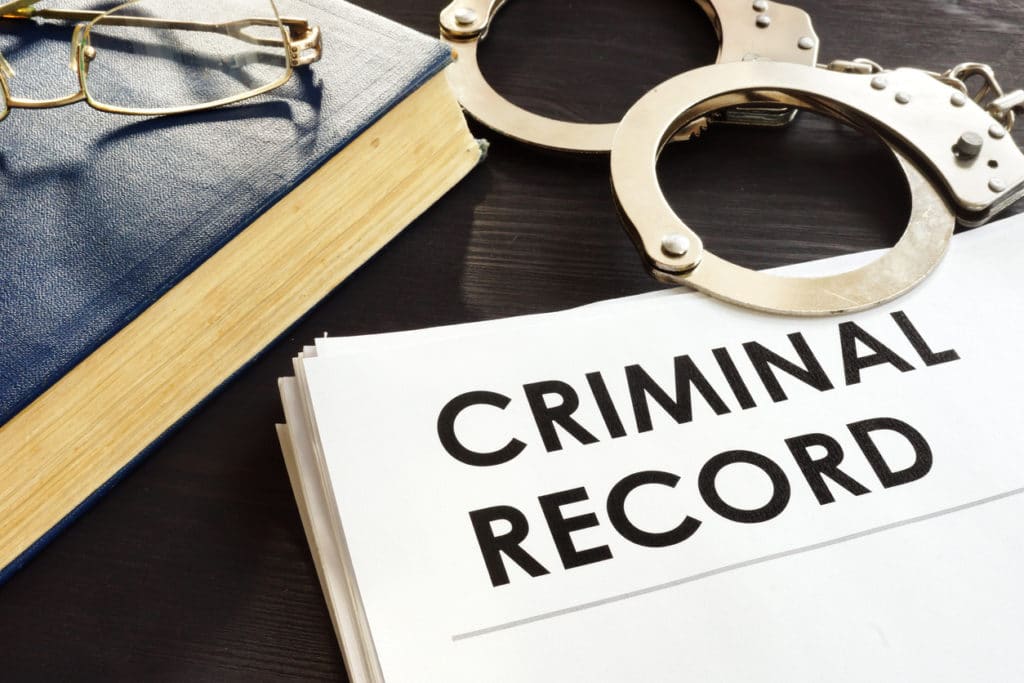
New Nevada Law: Sealing of Records for Decriminalized Acts
A new law passed by the Nevada legislature and signed into law by Governor Sisolak, streamlines the process to seal records of convictions for acts which have later been decriminalized. While this bill does not address marijuana related crimes directly, it was intended to address those convicted of marijuana related offenses, which have been decriminalized. For example, it is now legal for an adult over 21 to possess up to 1 ounce of marijuana for personal use. Prior convictions for such possession still appear on state records, which can affect employment applications. The new law, Assembly Bill 192 (AB192), takes effect July 1, 2019.
The new law, referred to by its sponsor as the Nevada Second Chance Act, requires the person convicted of the offense to send a written request to the court which originally convicted them, requesting the sealing. If the prosecuting attorney has no objections to the sealing, the court will grant the request. AB192 will not apply to traffic violations. No court fees may be charged to the person requesting the sealing.
What is the process for record sealing now?
Until now, sealing of past convictions of any offense has been a lengthy, complicated, and expensive process. Under this legislation, convictions for acts which were decriminalized prior to, on, and after July 19, 2019, can be requested for sealing by filing a standard form with the court that convicted the person. While the prosecutor can object to the request, the burden of proof for the objection is now on the prosecutor. If no objections are received from the prosecutor’s office within 10 days, the court shall grant the request. Furthermore, fees for the sealing, which may have amounted to hundreds of dollars, will not be charged to the person requesting the sealing.
Why can a request be denied?
Under the provision of AB192, prosecutors may object to a sealing request under the new law, if the decriminalized act was connected to other felonies. The prosecutor is required to reply to the court in writing with their objections to sealing request, at which point the court will schedule a hearing. At the hearing the prosecutor must establish by “clear and convincing evidence” that there is good cause not to grant the request. The court will then decide whether to grant the request. The court’s decision is not subject to appeal.
What are the effects of sealing the record?
After the record sealing takes effect, the state considers the proceedings which led to the conviction, to “never have occurred.” The convicted party may answer any and all questions related to the arrest, conviction, dismissal, or acquittal, related to the incident, for example on applications for employment or professional licenses, as to never have happened. Civil rights, such as the right to vote, to hold office, or to serve on a jury, are immediately restored.
The Defenders keeps you informed of changes to criminal law
As changes to criminal law in the State of Nevada take place, the lawyers at the Defenders are keeping up to date in order to provide the highest level of defense for our clients. The Nevada legislature is close to concluding its 2019 session and will not be in session again until 2021. Many changes to criminal law were passed in this legislative session and were signed by the governor. We are following the changes in order to provide you with the best defense under the law. If you have been charged criminally, call our office today to discuss your potential case at (702) 333-3333.
Learn More:
https://www.leg.state.nv.us/App/NELIS/REL/80th2019/Bill/6296/Text









